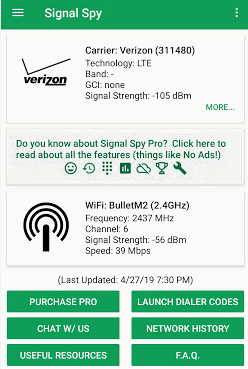I want to upgrade my home Internet system since I have added outside cameras. Not too familiar with the new Mesh setup. It sounds awesome to me compared to just a router from what I have read so far. I am interested in fellow SatGuys members thoughts or experience with Mesh versus a router. Also, which model is the best. I have been a long time Linksys guy but I am favoring the Netgear Orbi right now versus Linksys Velop mesh system. Best Buy has a free consulting service. For the hell of it I have them scheduled 3 May to perform an Internet evaluation for my home to hear what they have to say.




